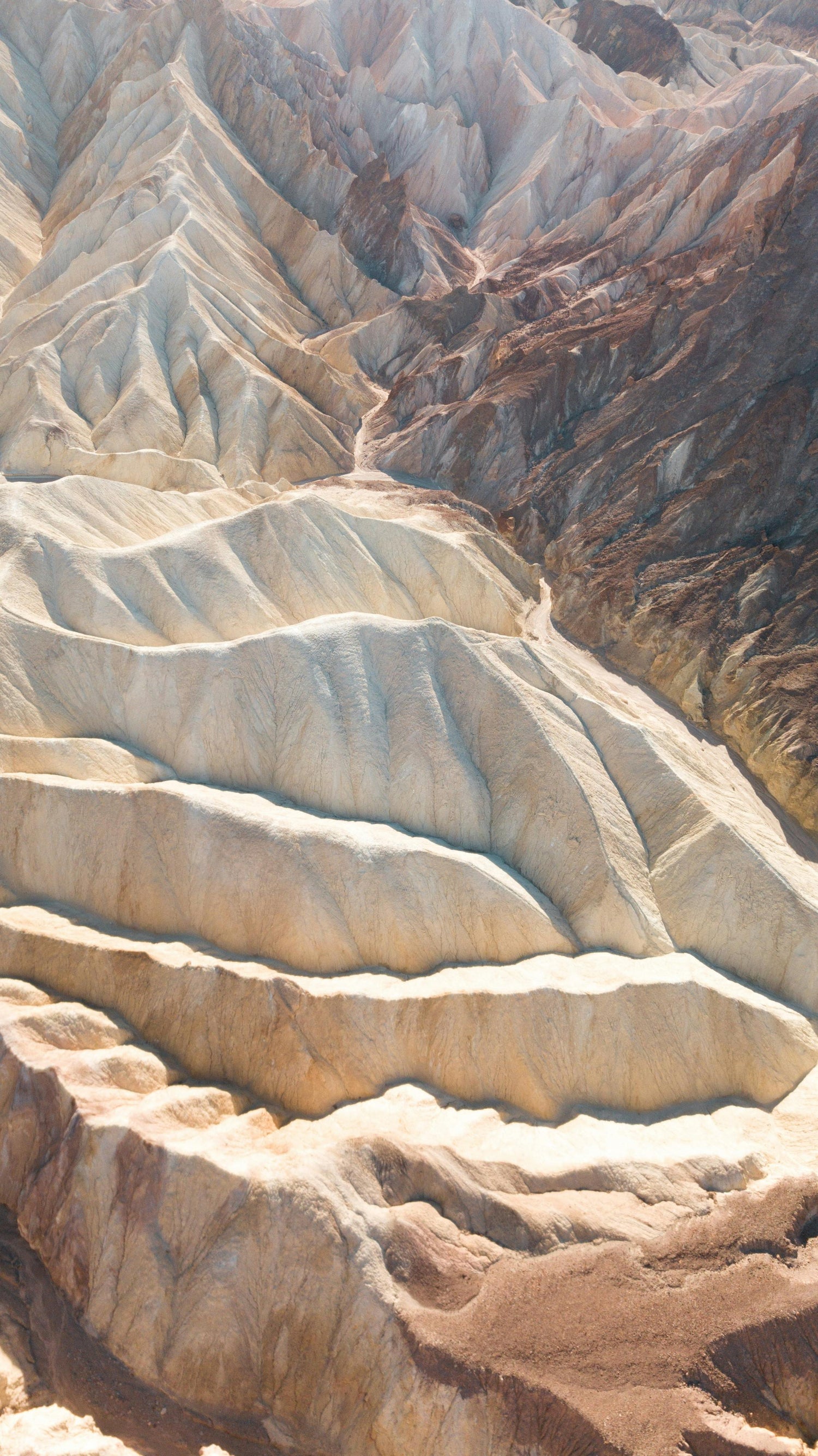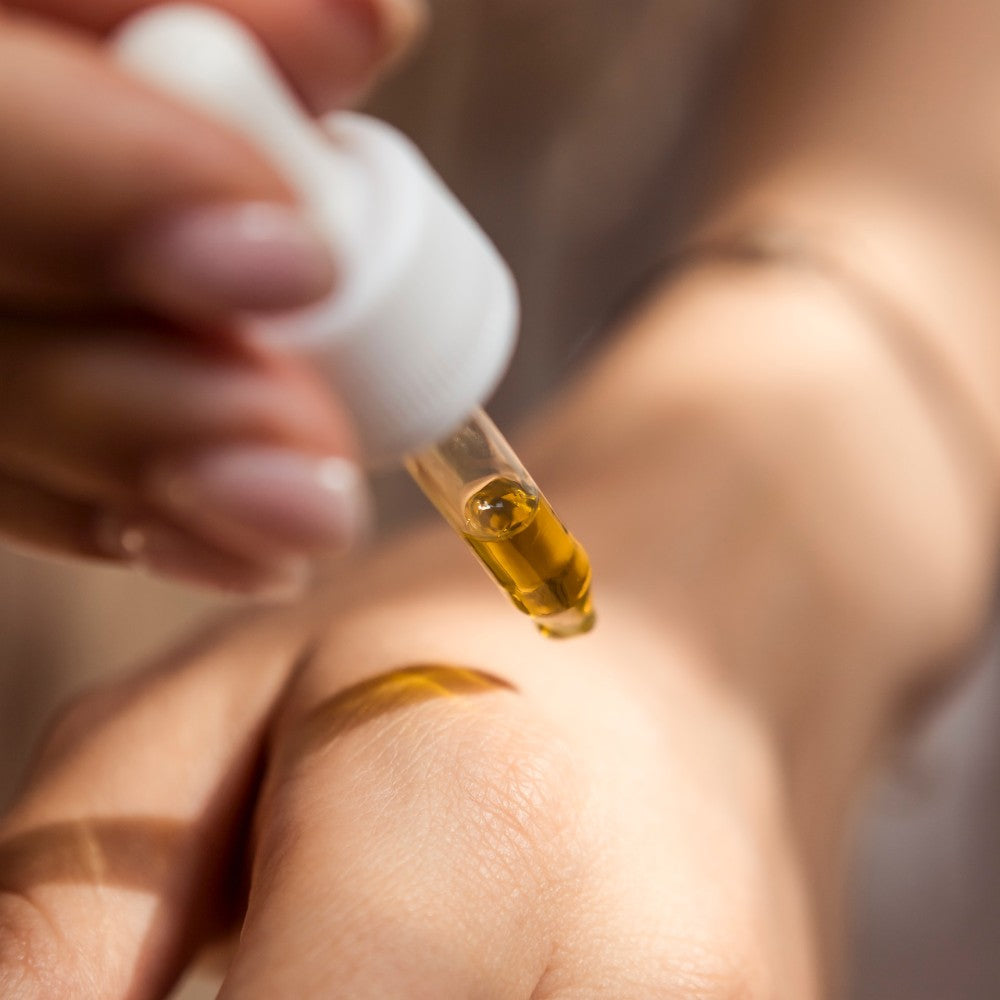For many people with a uterus, hormonal birth control is part of their daily routine. I took the pill for almost a decade without giving it much thought, until it began to affect my skin health in ways I never imagined.
A small change that made a big difference
Everything changed during the height of the pandemic. One Sunday, I went to the pharmacy to pick up what I thought was my regular prescription. Instead, I was given a generic version of my birth control. My doctor and pharmacist assured me it was chemically identical to the brand I'd used for years, just with a different label. I didn't question it further and continued with my routine.
Two months later, I was facing a skin crisis. For the first time in my life, I began experiencing breakouts and inflammation . At 21, I felt like I'd regressed to my teenage years, with unpredictable and persistent acne.

The emotional impact of unexpected acne
What surprised me most wasn't just the acne, but how much it affected my emotional well-being. I felt insecure, stressed, and confused . I started reviewing everything: my diet, my skincare routine, the masks I was using—desperately trying to find the cause. But nothing was lasting.
At the time, I didn't know that certain birth control pills can cause or worsen acne due to their androgenic effects. Androgens are hormones typically associated with male characteristics and can increase oil production, leading to clogged pores and breakouts. According to the American Academy of Dermatology, this hormonal interaction is well documented. SOURCE
Recognizing the true cause
After months of frustration and failed attempts to improve my skin, I finally became suspicious of the one change I hadn't considered: the new birth control pill. My acne wasn't typical—it appeared as whiteheads along my jawline and painful pimples around my nose and mouth. The texture of my skin felt rough and irritated.
Realizing the connection, I made a decision. With so many things out of balance—physically and emotionally—I decided to stop taking hormonal birth control altogether. I didn't know if it would help, but I felt like I'd tried everything. Within a few weeks, I saw an improvement. By the end of summer, my skin was almost back to its pre-change state.

The products that helped me heal
In addition to stopping the pill, I incorporated some essential products to combat acne directly. The first was a foaming cleanser formulated for hormonal breakouts : PanOxyl. With 10% benzoyl peroxide, it targets deep-seated blemishes and is water-based to prevent clogging. - DISCOVER - Cicapair Foaming Cleanser
To counteract the dryness that benzoyl peroxide can cause, I used a deeply nourishing moisturizer. My favorite was First Aid Beauty's Ultra Repair Cream. It includes colloidal oatmeal and allantoin , known to soothe irritation and strengthen the skin barrier. DISCOVER - Relief Cream 365
And since I was using powerful active ingredients in the middle of summer, I was very strict about using SPF 50 sunscreen daily. Between sunscreen, a hat, sunglasses, and seeking shade, I did everything I could to protect my recovering skin. DISCOVER - Relief Sun: Rice + Probiotics
Final thoughts
Hormonal birth control can have unexpected effects—both positive and negative—on your skin. If you're experiencing sudden breakouts or changes in texture, it may be worth reviewing your birth control options with a healthcare professional.







